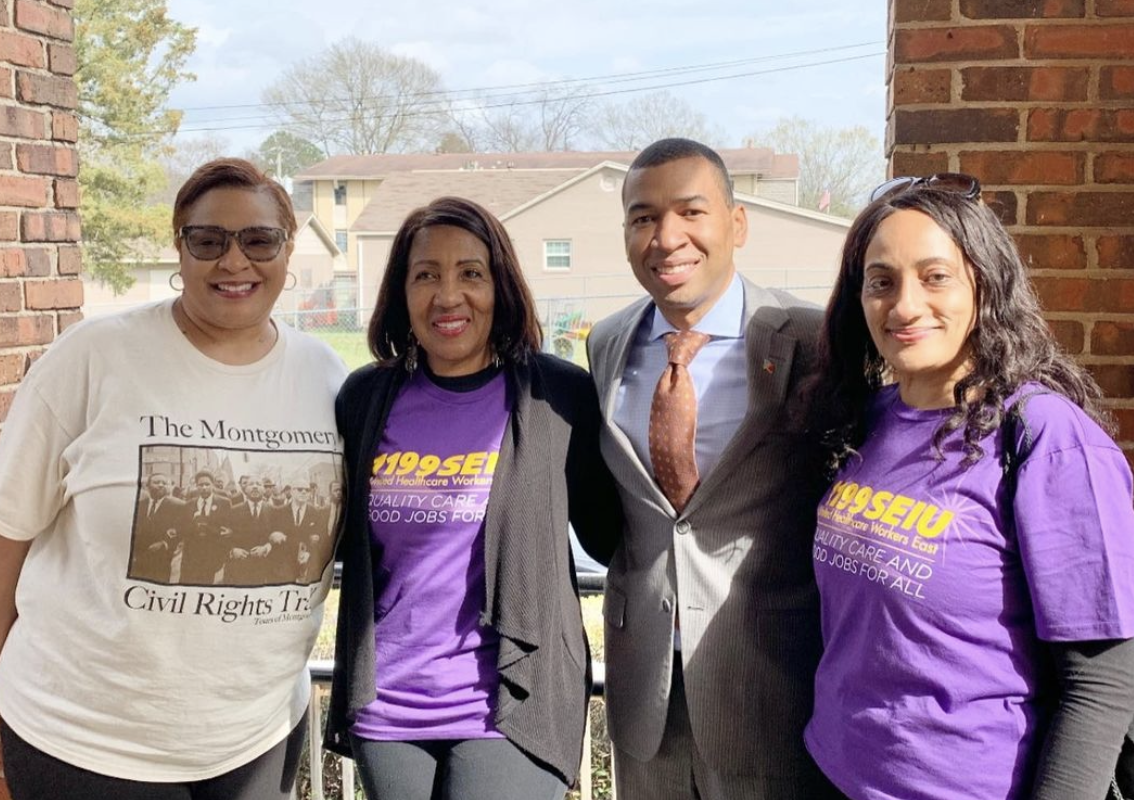In Search of Black History in Montgomery
This week, our President and Vice President took a road trip to Montgomery, Alabama, a fitting city to explore how JMCC can highlight both the painful hardships and triumphs of Black history.
Montgomery, Alabama holds a significant place in African American history due to its association with the civil rights movement of the 1950s and 1960s. The Montgomery Bus Boycott, which began in December 1955, was a pivotal event that marked the start of the modern civil rights movement. The boycott was triggered by the arrest of Rosa Parks, who refused to give up her seat on a Montgomery bus to a white passenger. The boycott, which lasted for over a year, involved a coordinated effort by the black community to boycott the city's buses, resulting in significant economic and social pressure on the bus companies and city authorities.
With Carmen Moore-Ziegler and Steven Reed
The boycott was led by a young minister named Martin Luther King Jr., who had just arrived in Montgomery to lead the Dexter Avenue Baptist Church. King became the public face of the boycott and utilized nonviolent resistance and civil disobedience tactics to pressure the city to end segregation on its buses. The success of the boycott, which ended in December 1956 with a Supreme Court ruling declaring bus segregation unconstitutional, inspired other civil rights activists and set the stage for further protests and demonstrations throughout the country.
One of the highlights of touring the museums in Montgomery, Alabama today was meeting its first black mayor, Steven Reed, and the county’s commissioner, Carmen Moore-Ziegler. It was encouraging to be with such great ambassadors. A wonderful educational opportunity and enlightening experience towards the development of JMCC. We encourage all to take a trip to Montgomery and visit the Rosa Parks Museum, SCLC Headquarters, and the Civil Rights Memorial Center to learn more about this important chapter in Black history.


